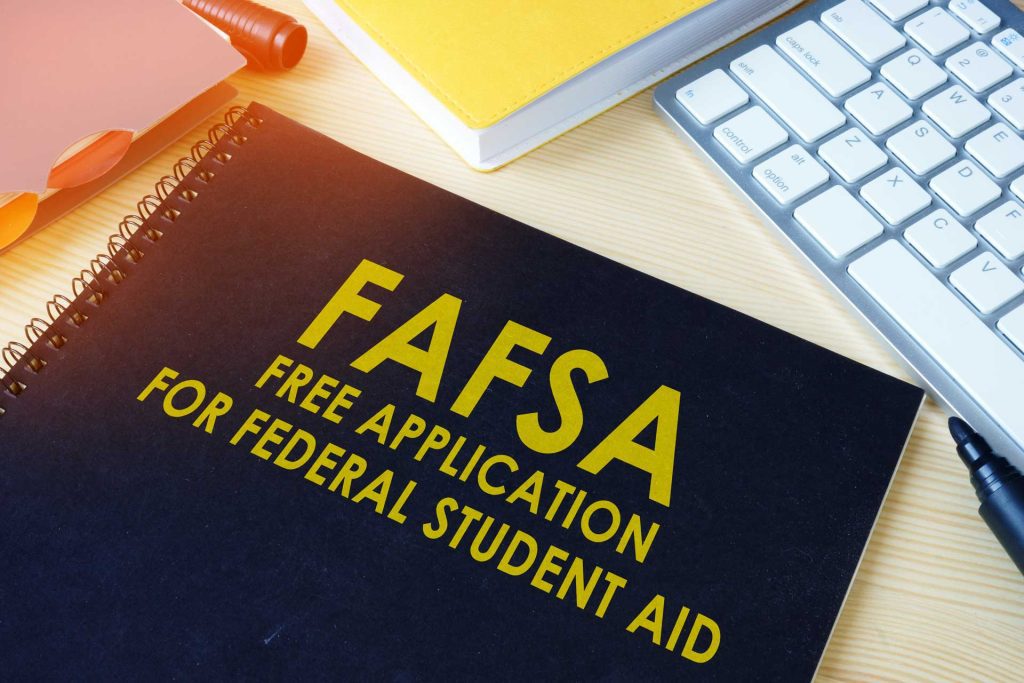Now that school is back in session, it’s time for parents of college students to start looking ahead to the 2023-24 FAFSA. Before parents begin filing their Free Application for Federal Student Aid (FAFSA), in October 2022, it’s important to know that the FAFSA won’t be the same as last year. Federal Student Aid has announced certain changes which will affect many aspects of the federal loan application process, with the most significant change being the elimination of asset protection allowance.
Here, we answer a few of the most frequently asked questions about asset protection allowance and the FAFSA:
What is Asset Protection Allowance?
The asset protection allowance was designed to shield a portion of parent assets on the FAFSA, which allowed more students to qualify for need-based financial aid. This allowance was based on the parent’s age and subtracted a set amount from parental assets before assessing what was left to cover college. This allowance was meant to protect enough savings to make up for the discrepancy between average social security benefits and an average family income.
What has been happening to the Asset Protection Allowance?
Basically, it’s been shrinking. For years.
For single parents, the asset protection allowance has been steadily decreasing over the last decade. For single parents, and finally reached $0 for the 2022-2023 FAFSA. For married parents over the age of 65, the allowance dropped to $5,900 last year (it was $71,000 in 2012) and it dropped to $0 this year.
What does FAFSA consider to be an asset?
The FAFSA considers any money that is readily available to be an asset. This includes but is not limited to cash, bank and brokerage accounts, real estate/investment properties, qualified educational savings accounts (i.e. 529 college savings plans), net worth of business (if there are over 100 full-time employees), stocks, bonds, certificates of deposit, and stock options.
What does FAFSA NOT consider to be an asset?
There are a few items that the FAFSA does not take into account when evaluating assets. These include, but are not limited to life insurance, primary residence, annuities, and retirement plans.
What does the decrease in Asset Protection Allowance mean for your wallet?
Well, it’s not good.
The removal and decrease of the asset protection allowance, will definitely impact the expected family contribution (EFC) for every family applying for financial aid. In the simplest terms, most families will be eligible for thousands of dollars less than they were before.
This will also impact eligibility for scholarships, grants, and subsidized student loans.
What can you do to lessen the impact of FAFSA changes for 2023-2024?
In short, get some expert advice. FAFSA and our financial aid system are complicated . . . and they just keep getting more complex. Not knowing about the latest changes and the nuances of the system could cost you thousands of dollars in potential aid and impact your ability to put your kids through college and your future options in retirement.
Someone who is well-versed in the FAFSA and the financial aid process can help you understand the forms and systems that are used to determine your eligibility for aid and can help ensure you aren’t missing opportunities make college more affordable for your family.
For more information on FAFSA, financial aid, and making college more affordable, contact our experts at 610-422-3530 and visit our website.

